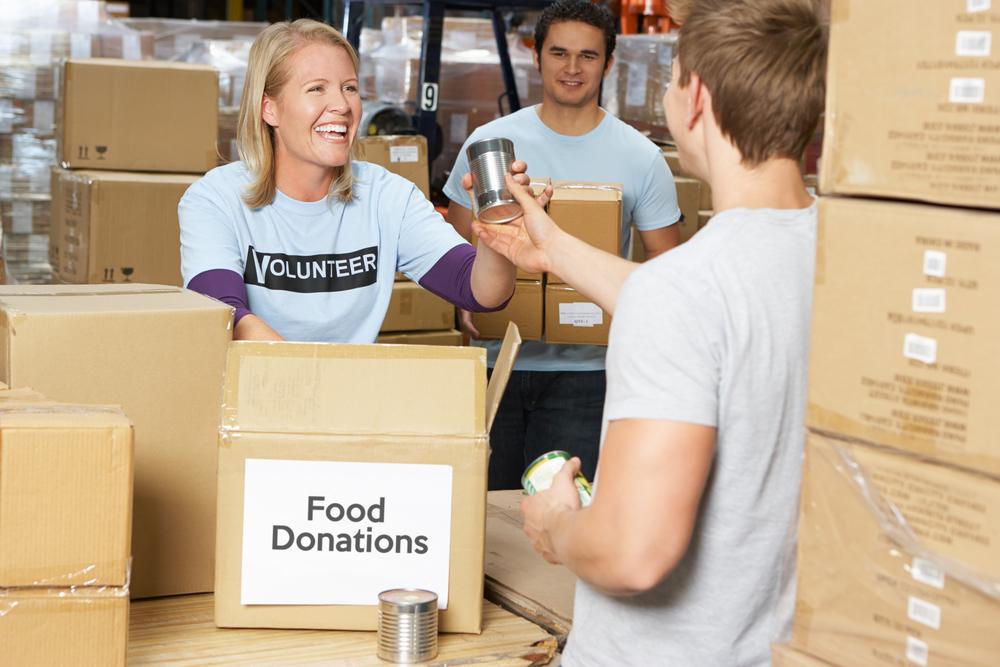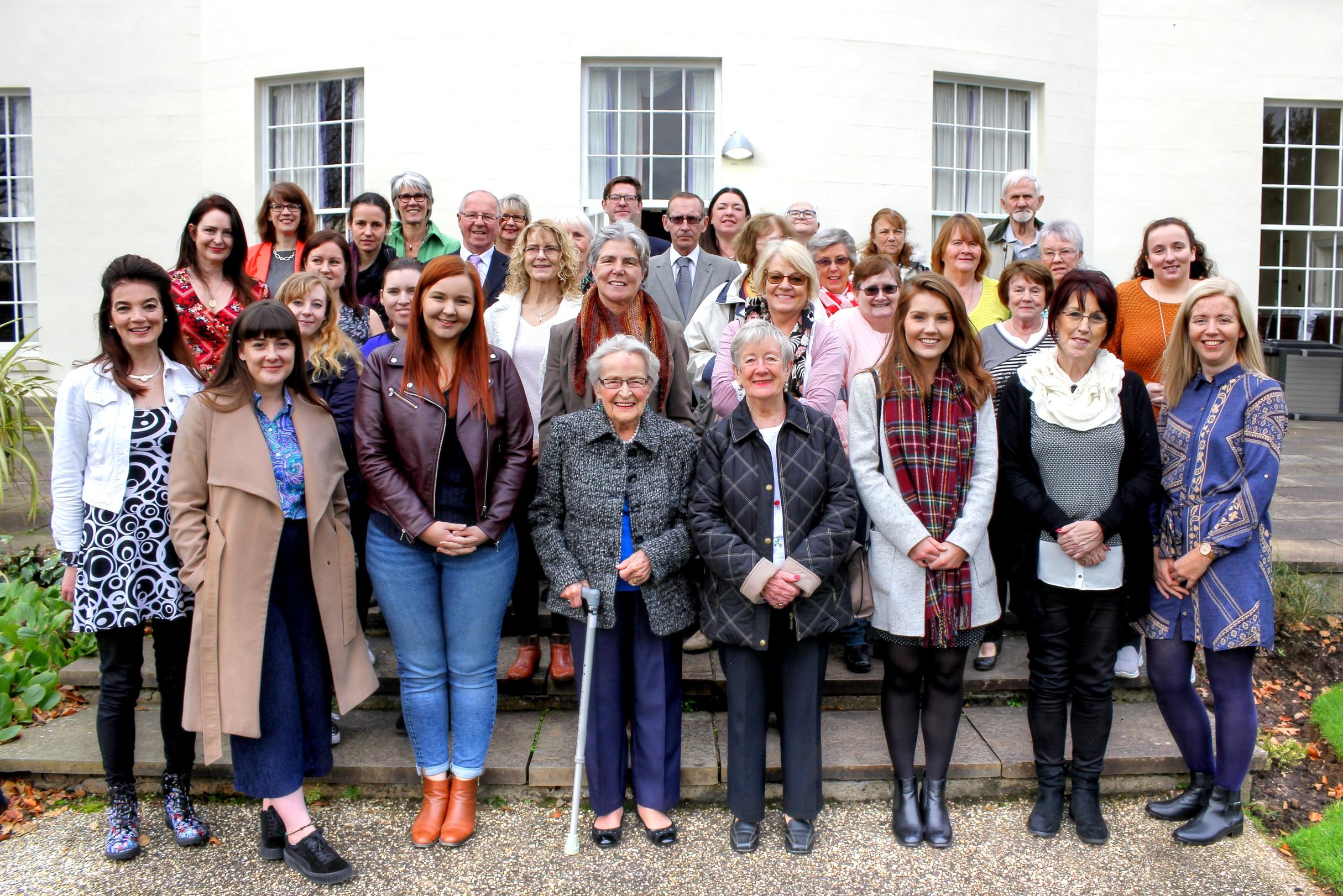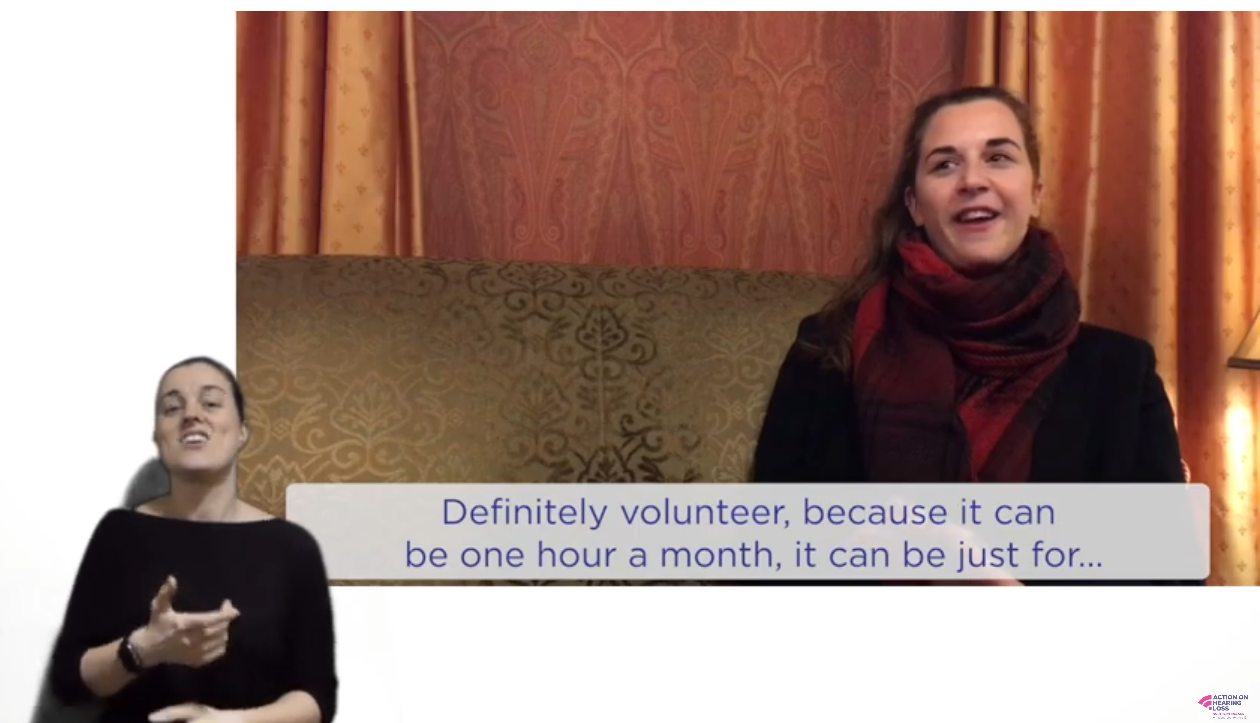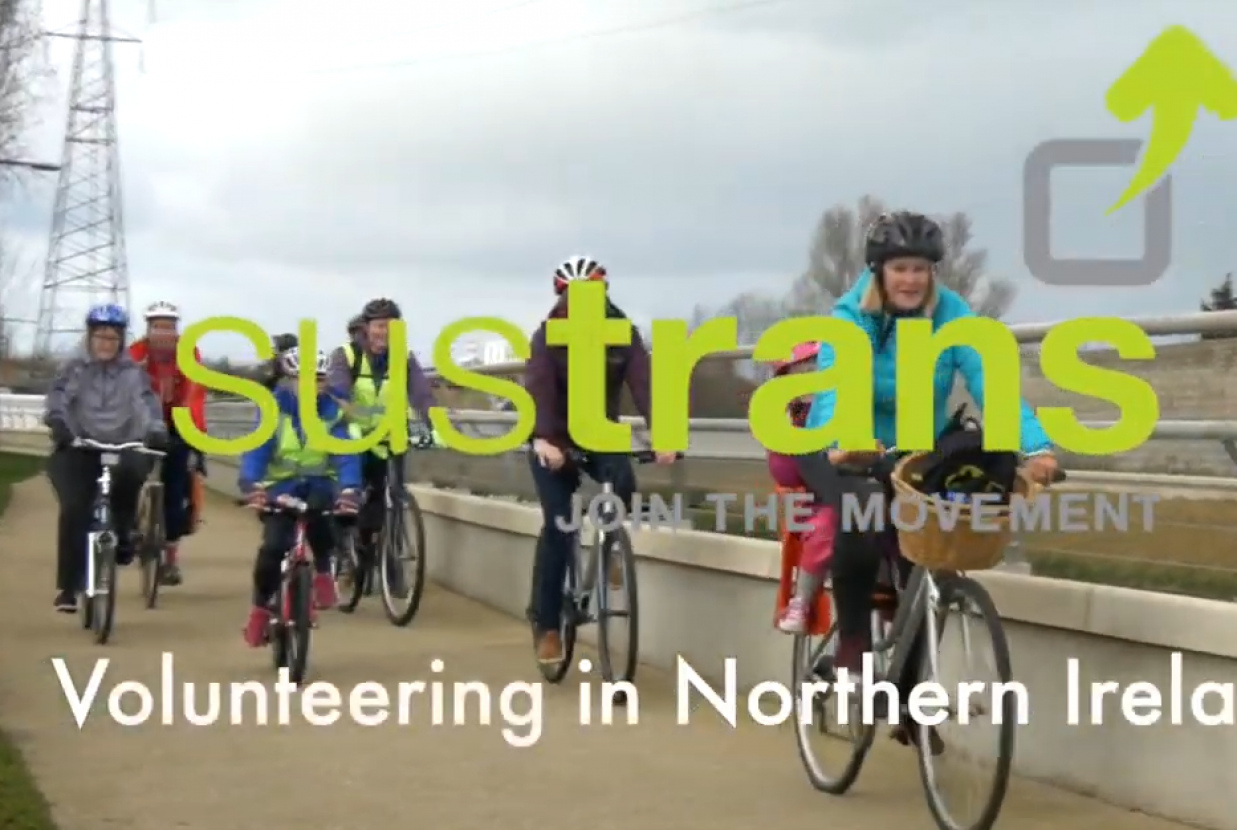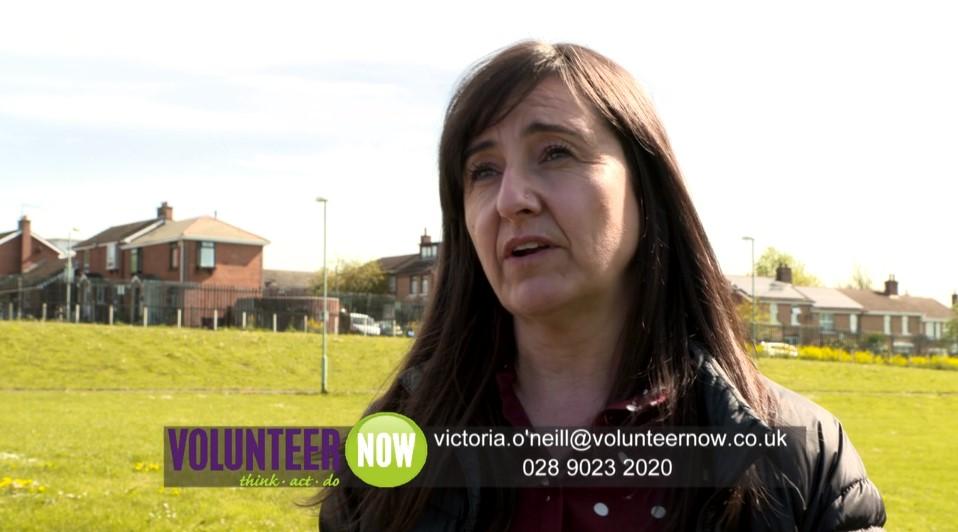Need To Know: Volunteering
VolunteeringVolunteering can be personally rewarding and helps you 'give something back' to your community. Volunteers can choose from many different opportunities.
Volunteering during the Coronavirus (COVID-19) pandemic
Whether you choose to volunteer will depend on the type of activities you would like to do, and the risks associated with that for you as an individual. You should check guidance on Volunteering during the Coronavirus (COVID-19) pandemic before you volunteer.
If you volunteer via an organisation, contact them and/or check their advice to decide if it is safe for you to volunteer.
What volunteering is
Volunteering is giving your time to help someone else or a cause you care about, simply because you want to and without expecting payment. In Northern Ireland volunteers make an important contribution to community life.
Lots of people engaged in voluntary work might not consider themselves as volunteers. They may see themselves as 'just helping out' or 'lending a hand'. The list of things that volunteers do is almost endless.
You could be a sports coach, fundraiser, committee member, gardener, volunteer driver or dog walker. You can choose what you want to do, though it always helps to get involved in something you care about or are interested in.
You can find out about volunteering opportunities by contacting the organisation you want to volunteer with or your local volunteer centre.
It is not volunteering if you:
- do something just for a family member
- are given money apart from your out of pocket expenses
- are under a contract to do the work, for example, an employment contract (this does not include any ‘volunteer agreement’ you may have)
Reasons to volunteer
Volunteering helps you make new friends, increases your confidence and lets you play a part in your community. It can also give you a better chance of getting paid work, improving your career prospects or getting a place at university by helping you to:
- learn new skills
- practise the skills you have
- build your confidence
- discover new hobbies and interests
- meet people who can help you find paid work
- include volunteering experience on your CV
- show employers you can keep regular hours and handle commitment
- have things to talk about in a job interview
- get references
Other benefits of volunteering include:
- having fun doing something you've never tried before
- a sense of satisfaction and achievement
- the opportunity to make new friends with people from diverse backgrounds and experiences
Questions to consider before volunteering
Volunteering can be a very positive experience. It is not something to take on without considering the time and effort involved or any personal expense which might be required.
Time
Decide how much time you can give as a volunteer. Remember your other responsibilities such as any work, sport or family commitments.
Your skills
Assess your skills. Research the organisations which could use your skills and give you work experience for your own CV.
Travel and other expenses
You need to work out:
- how you will travel to and from the location
- cost of bus or train ticket or car mileage and if you can claim travel or parking expenses
Ways to volunteer
There are many ways to volunteer depending on how much time you can spare. Full-time, part-time, evening and night volunteering are offered by various organisations.
You can find out more about the different ways to volunteer at the following nidirect pages:
- Types of volunteering
- Set up a volunteer scheme at work
- Mentoring and befriending as a volunteer
- Becoming a school governor
- Learning through voluntary work
Age limits
Minimum and maximum ages
You are never too old or young to volunteer. Your age may in fact make you more suitable for some kinds of volunteering. However, some organisations may not take on volunteers under 16 as they can’t insure them. You should check that the organisation has adequate insurance for your age group.
There is no general legal restriction on volunteering by children in not-for-profit organisations. However, some local authorities have by-laws restricting the number of hours children can work.
As with all applicants, young people should be judged on their merits. Minimum and maximum age limits for volunteers are vague. The fact someone is willing to do the work is more important than the date on their birth certificate.
Over 50s
If you are over 50 and interested in volunteering contact your local volunteer office.
People with disabilities
Volunteering is for everyone and people with disabilities can benefit from the many advantages that come from being a volunteer. (Advantages listed above under the heading 'Reasons to volunteer'.)
Find volunteering opportunities
Decide how much time you have to give and in what area you would like to volunteer your skill. Some charities are flexible about when you work for them, while others will want you to commit to a regular day.
The next step is to find an organisation and volunteering opportunity that suits you.
Search online
You can search for thousands of opportunities using the Volunteer Now online database. Just select the type of volunteering opportunity you are interested in or look for opportunities in your area!









